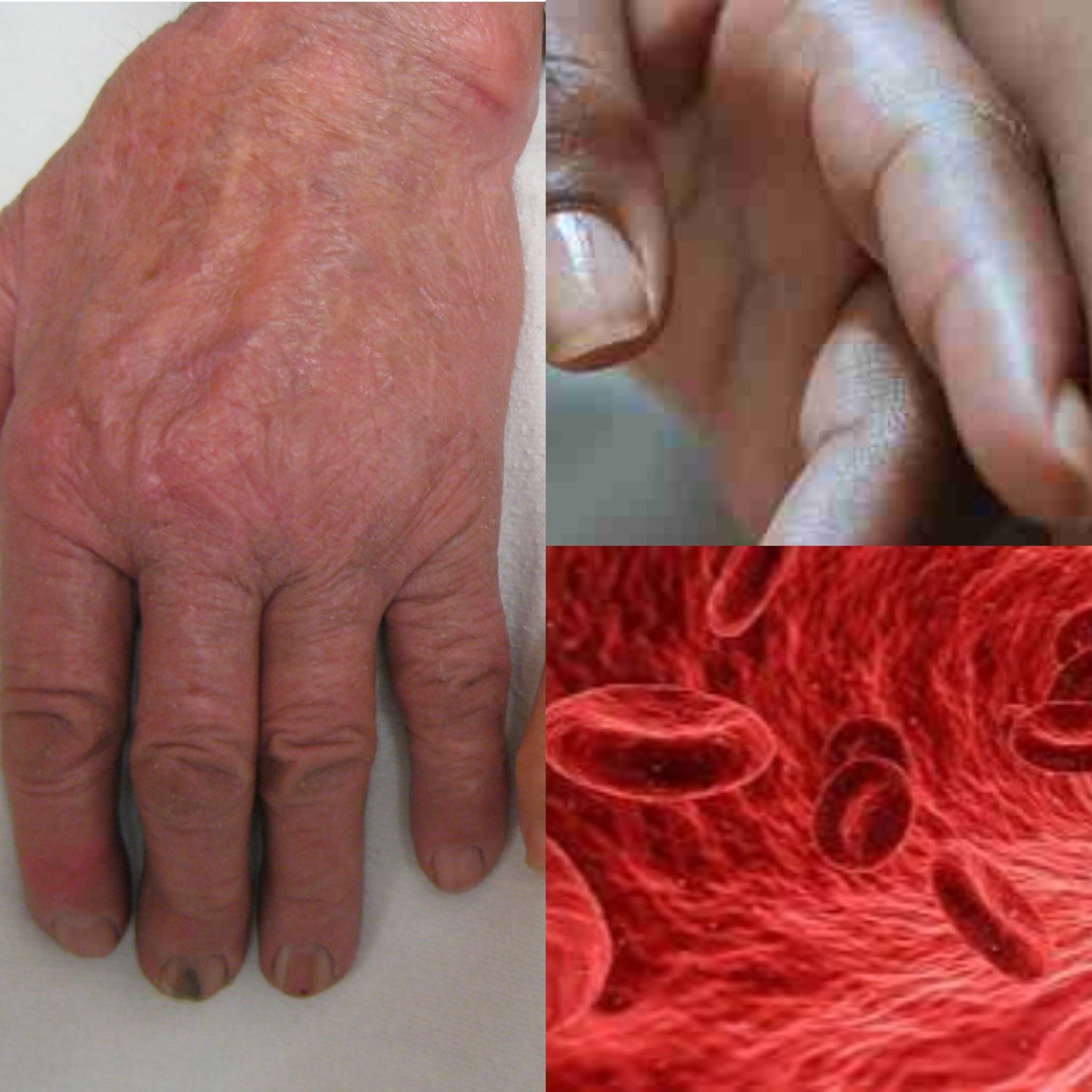
Iron Deficiency: What Is It?
Iron deficiency is a common health problem that can affect anyone, especially women and children. It occurs when the body doesn’t have enough iron to produce hemoglobin, the protein responsible for carrying oxygen throughout the body. Without sufficient iron, red blood cells cannot function properly, leading to a variety of symptoms.
Here are the top 15 symptoms of iron deficiency:
- Fatigue and weakness
- Shortness of breath
- Dizziness or lightheadedness
- Pale skin
- Chest pain
- Rapid heartbeat
- Cold hands and feet
- Brittle nails
- Headaches
- Hair loss
- Poor appetite
- Craving non-food items such as ice, dirt, or clay
- Mouth sores
- Restless leg syndrome
- Difficulty concentrating or brain fog
Why Iron is Important?
Iron plays a crucial role in several bodily functions, including oxygen transport, energy production, muscle function, and cognitive development. It helps build red blood cells, ensuring all organs and tissues receive the oxygen they need to function properly. Iron also supports the immune system, improves cognitive function and mood, and helps fight infections and diseases.
Natural Ways to Increase Iron Intake
If you suspect iron deficiency, it’s important to speak with your doctor for confirmation and appropriate treatment. Depending on the severity of the deficiency, treatment options can range from dietary changes to iron supplements.
Here are some natural ways to increase your iron intake:
Vegetarian Sources of Iron:
- Leafy greens like spinach and kale
- Nuts and seeds like almonds and pumpkin seeds
- Beans like lentils, chickpeas, and black beans
Animal Sources of Iron:
- Red meat and organ meats like liver
- Fish, shellfish, and poultry
Incorporate these iron-rich foods into your diet and consult with your doctor about iron infusions or other treatment options for severe iron deficiency.
FAQs
Can iron deficiency be treated with diet alone?
In mild cases, increasing iron intake through diet may be enough to improve iron levels. However, for severe or chronic iron deficiency, supplements or medical treatments may be necessary. It’s always important to consult with a healthcare provider before making any major changes to your diet or supplement routine.
Can iron supplements cause side effects?
While iron supplements can effectively treat iron deficiency, they may also cause side effects such as constipation, nausea, and stomach cramps. Minimize these effects by taking supplements with food and gradually increasing the dosage. Choose the right type of iron supplement and follow recommended dosages.
By incorporating these suggestions into your lifestyle and working with a healthcare professional, you can increase your iron levels, reduce the risk of iron deficiency, and improve your overall health.